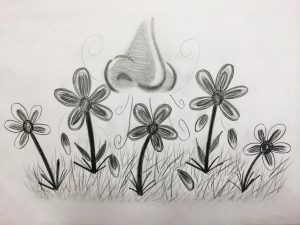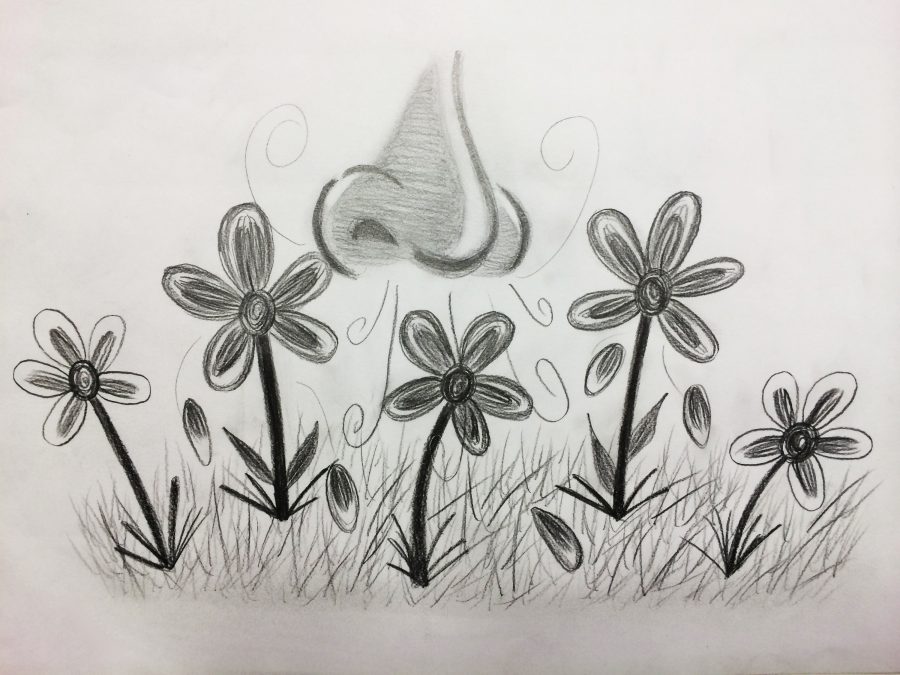 Allergy season is back, along with all of the sniffing, sneezing and runny noses that come with it. Many people throughout the country are plagued with seasonal allergies, which are typically caused by pollen and other airborne allergens.
Allergy season is back, along with all of the sniffing, sneezing and runny noses that come with it. Many people throughout the country are plagued with seasonal allergies, which are typically caused by pollen and other airborne allergens.
Seasonal allergies are usually moderate in Louisiana, compared to the rest of the country.
The most common symptoms of seasonal allergies associated with pollen are sneezing, itchy or watery eyes, nasal congestion, runny nose, itchy throat and cough.
Over the counter medicines, such as antihistamines, decongestants, nasal sprays and eye drops are effective methods of treating seasonal allergies.
Collin Steele, a sophomore general business major, said he experiences allergies year-round, but they tend to be worse during the spring months.
Airborne pathogens, like dust and pollen, cause his allergies to flare up every spring. He said that changes in the weather also affect his allergies.
Steele usually takes allergy medications and said he prefers Zyrtec above other brands.
He has tried other home remedies before, but said that they do not have a lasting effect like the medicines do. He said his lifestyle keeps his symptoms under control for the most part.
“Be healthy. That’s the best way to prevent allergies,” Steele said.
Lauren Hughes, a junior modern language major, said that she suffers from springtime allergies every year. She said the pollen in the air causes her allergies.
Hughes experiences itchy and watery eyes and nasal congestion for a period of two to three weeks in the spring. She said her allergies have a sudden onset with no prior warning, though she has come to expect them annually.
Hughes usually treats her allergies with over-the-counter medications, but sometimes she just waits for them to pass on their own.
She has recently begun using local honey, which some consider an effective home remedy. She hasn’t noticed any relief yet due to the honey.
Other home remedies are also considered effective by some people. Gargling with warm salt water can sooth a sore throat, and Neti Pots can relieve nasal congestion.
Although Neti Pots have been studied more extensively, and in some cases may prove more effective, saline nasal sprays have also been shown to help with allergy symptoms.
Hughes might be right about the honey, too. Eating honey produced by bees locally can help relieve allergies.
Bees transfer pollen from flowers to honey, so a little honey every day can gradually inoculate someone against the irritating effects of pollen.
Natural herbs and supplements have also been proven effective for allergy symptoms, like spirulina, eyebright, goldenseal and butterbur, which are thought to reduce airway inflammation.
A hot shower can soothe sinuses and clear nasal passages, but only for a short time.
The same effect can be achieved simply from deeply breathing in steam, which works best when little drops of eucalyptus oil is added to the hot water.
Showers can, however, have lasting effects too. Showering after spending time outside removes allergens from skin and hair and prevents them from spreading to other surfaces in the home.
Fortunately for people in the south, spicy foods can also help with allergy symptoms. Spicy foods like chili peppers, wasabi, garlic and horseradish can temporarily open nasal passages.
Drinking tea helps control some allergy symptoms. The menthol in peppermint tea works as a decongestant and can break up mucus and help clear out of the nose and throat.









